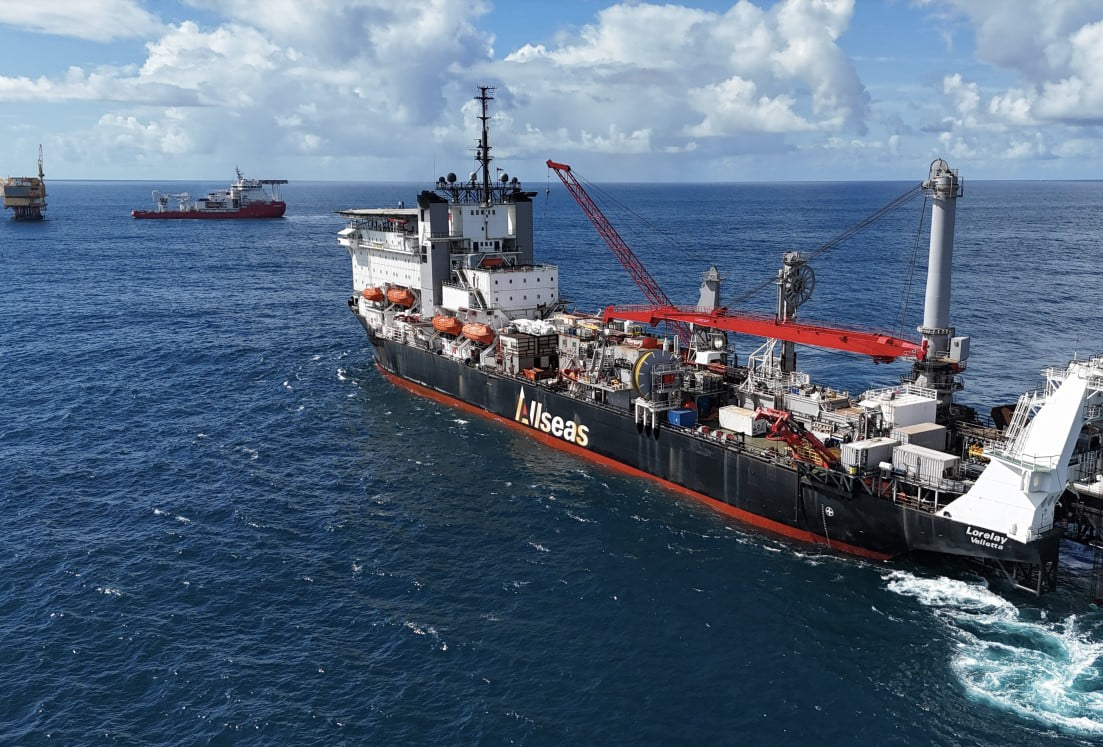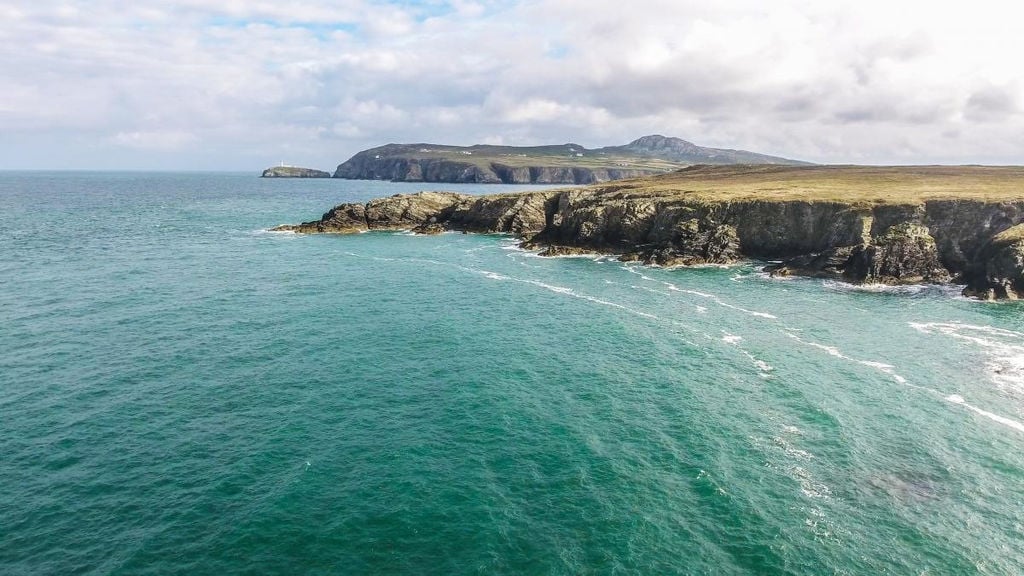Now Reading: Allseas on offshore pipelay duty as Porthos takes over North Sea gas assets for CCS revamp
-
01
Allseas on offshore pipelay duty as Porthos takes over North Sea gas assets for CCS revamp
Allseas on offshore pipelay duty as Porthos takes over North Sea gas assets for CCS revamp

Allseas, a Switzerland-based company specializing in offshore pipeline installation and construction, is currently working on laying an offshore pipeline for a project aiming to be the first offshore CO2 transport and storage initiative in the European Union. The project involves repurposing a gas field and its infrastructure off the coast of the Netherlands for carbon capture and storage (CCS).
Allseas has deployed its Lorelay pipe-laying vessel in Rotterdam Harbour to start the offshore pipelay activities for the Porthos project, a joint venture between Abeb, Gasunie, and the Port of Rotterdam Authority in the Dutch North Sea. The pipeline will transport CO2 captured from local industries to depleted gas fields beneath the North Sea for storage, covering a distance of 20 kilometers offshore.
In addition to the offshore pipeline, the Porthos project includes onshore infrastructure like a compressor station, injection platform, and former wells and gas fields. Allseas is the main offshore contractor for this CCS project, responsible for installing, burying, and commissioning the pipeline to ensure efficient heat retention and prevent floating with a concrete coating.
Recently, Valaris announced the return of the Varosis 123 rig to the Porthos project, which has acquired TAQA’s P18-A gas production platform and associated wells in the Dutch North Sea. This acquisition signifies a shift from gas extraction to CO2 storage, with plans to convert the gas production platform into a sustainable CO2 injection platform using renewable energy sources like solar panels and wind turbines.
The Porthos project aims to store approximately 37 million tons of CO2, with CO2 from the Rotterdam port industry being permanently stored in former gas fields deep below the seabed. The project involves several companies, including Allseas, Valaris, Expro, MAN Energy Solutions, and KCI, working together to bring this initiative to fruition.






